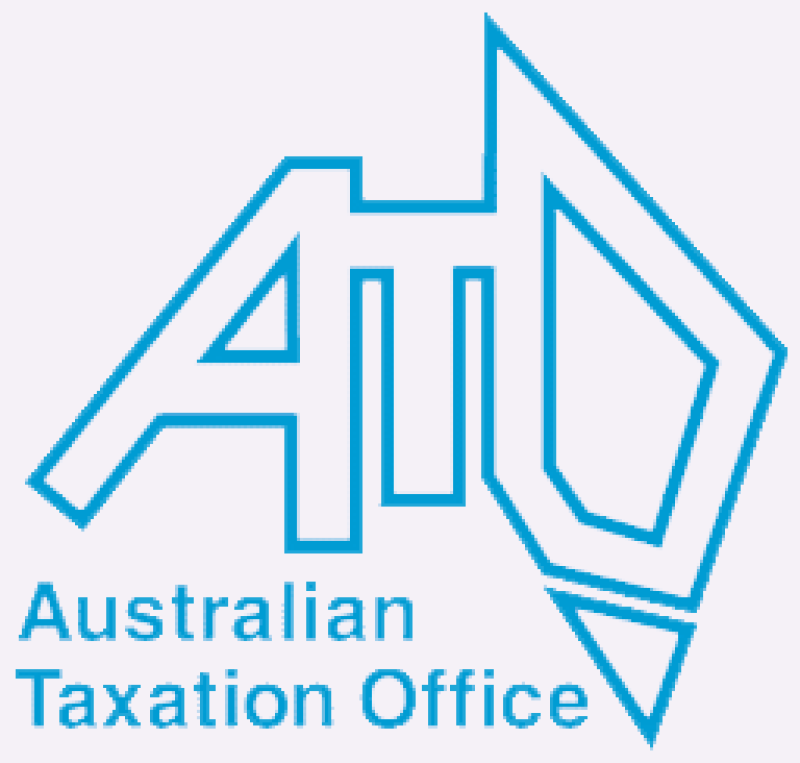International Tax Review speaks with three of Australia’s leading tax litigators – Stewart Grieve of Corrs Chambers Westgarth – Taxand Australia, Allan Blaikie of Clayton Utz and Judy Sullivan of King & Wood Mallesons – to find how best to manage disputes in the country and what taxpayers can expect from the ATO in the future.
International Tax Review (ITR): What advice would you give taxpayers about how to avoid disputes with the Australian tax authorities?

Stewart Grieve (SG)(pictured left): To have the best chance of resolving the matter at the inquiry stage, taxpayers need to be prepared well ahead of the ATO knocking on the door. Good preparation involves identifying the taxation positions that are likely to be subject to ATO scrutiny and preparing effective defences to those positions.
To identify taxation positions that are likely to be scrutinised, a reliable starting point is those positions that need to be disclosed to the ATO under its new reportable tax positions regime. Under that regime, taxpayers need to disclose any tax positions that are:
· As likely as not to be correct, or more likely to be incorrect than correct;
· The subject of an accounting provision; or
· For major transactions, where there is a significant mismatch between the tax and economic outcomes.
For an effective defence, it is important to identify the foundation facts underpinning the tax position taken. Foundation facts are those on which the application of the law turns. Understanding these, and what evidence exists that proves them, allows taxpayers to assess the strength of the tax position they have adopted, which in turn should inform their strategy.
Second, the taxpayer needs to devise a winning strategy which covers what, how and when particular steps will be taken during an ATO investigation. It must also be flexible enough to deal with all possible ATO responses and other contingencies that can arise.
An effective strategy, properly implemented, enhances the prospects the ATO inquiry can be resolved to the satisfaction of both parties without escalating into a dispute.
ITR: What is the first step a company should take when it becomes involved in a dispute with the ATO?
Allan Blaikie (AB): Where the ATO issues a request for information, taxpayers should consider whether the taxation years or the transactions under review are within open assessment periods or have expired and hence whether the questions should be answered or resisted.
Taxpayers should also seek advice on whether information or documentation provided in response is accurate or complete and whether documentation is protected by legal professional privilege or accountant's concession – once a document is provided to the ATO, even if inadvertently, any privilege attached to it is lost.
Once factual issues are clarified, the ATO may indicate its views on principles of tax law as applied to the facts. Consulting a tax adviser is then necessary to consider whether the ATO's views on these principles are correct or whether they should be challenged and, if the latter, the best way to challenge.
ITR: How should a company organise its tax dispute team and tax advisers when involved in a dispute?

Judy Sullivan (JS)(pictured right): The taxpayer’s internal tax dispute team will likely be in the best position to handle the audit at the time-consuming information gathering stage. Internal teams should be able to efficiently search and review the taxpayer’s records to answer the ATO’s information requests.
External advisers should be briefed at the outset. They can provide relief in the event of tight turn arounds and under-resourcing. It is also prudent for external advisers to review and settle final responses to the ATO, including for potential claims of privilege.
ITR: How can companies maintain a good relationship with the tax authorities during a dispute?
JS: Companies should be honest and frank in all dealings with the ATO. They should tell the ATO what resources have been allocated to the dispute and flag any difficulties in complying with information request timeframes at the earliest opportunity.
From a relationship perspective, we have seen benefits from regular meetings between the taxpayer’s internal tax dispute team and the ATO’s audit team. An audit management plan should be agreed at those meetings to help frame expectations and minimise delays.
The audit management plan should set timetables for proposed steps, and provide an escalation contact person so taxpayers can bring any procedural problems to the attention of a nominated senior ATO officer if required.
ITR: Are you seeing any trends in the types of cases the ATO is taking up and where it is being successful against taxpayers in litigation?
SG: The ATO has been particularly active in applying the general anti-avoidance rule (GAAR) provisions in Part IVA of the Income Tax Assessment Act 1936. Generally, the ATO has been successful in Part IVA cases where:
· The transaction or arrangement in question depends for its commercial viability on the tax outcome; or
· There is a step or steps of the transaction or arrangement not capable of commercial explanation but rather, only capable of explanation by reference to the obtaining of a tax benefit for the taxpayer.
However, the ATO has sought to extend the range of application of Part IVA by applying it to arrangements and transactions to which it should not apply. This has led to it losing nine of the last 15 big Part IVA cases in the courts and to the government announcing changes to the Part IVA rules.
AB: In 2010, the ATO released a number of public taxation rulings dealing with the treatment of private equity investments and, in particular, expressing a view that the ATO is inclined to regard gains realised by non-residents from private equity investments in Australian assets as subject to Australian tax.
This has lead to the ATO engaging with a number of private equity firms in relation to their disposals of Australian target companies.
ITR: What do you think taxpayers can expect from the ATO in the future?

AB (left): The government has proposed the introduction of new retrospective rules – applying to income years commencing on or after July 1 2004 – which will align the domestic transfer pricing rules with the transfer pricing rules in Australia's double tax treaties.
If the rules are enacted, taxpayers could face transfer pricing adjustments for the last eight years. In this regard, it is expected the ATO will be scrutinising multinational groups that are deriving lower than expected profits since 2004 and will be auditing arrangements between Australia and offshore affiliates potentially giving rise to the shifting or sheltering of profits.
The mineral resource rent tax (MRRT) represents a new tax on companies operating in the Australian mining sector, applicable from July 1 2012. We expect ATO sensitivity around the transition into the MRRT regime, particularly in relation to taxpayers' valuations for determining their starting tax base.
SG: I think the ATO will increase its focus on real-time reporting and on uncertain tax positions. Being involved in investigating the taxpayer’s tax affairs at an early stage, sometimes even before lodgement of the income tax return, will allow the ATO to put pressure on taxpayers to comply with ATO positions and reduce the time and cost of conducting ATO investigations after the event.
This focus on real-time identification of tax risks is evidenced by the ATO’s recent release of the reportable tax positions schedule.
Part IVA will also continue to be a major focus for the ATO. A lack of success in high profile Part IVA cases in the past two years led to a government announcement on March 1 2012 that changes would be made to Part IVA with effect to schemes commencing after that date.

The announcement makes it clear that taxpayer arguments that there can be no tax benefit because, but for the scheme it would have done nothing – or done something that produced a tax outcome at least as favourable as the outcome under the scheme – will no longer be available.
There will be an enhanced focus by the ATO on Part IVA when detail of the new law becomes known. Legislation is proposed to be introduced into parliament in September.
Read Stewart Grieve's comments on this week's News Corp ruling










